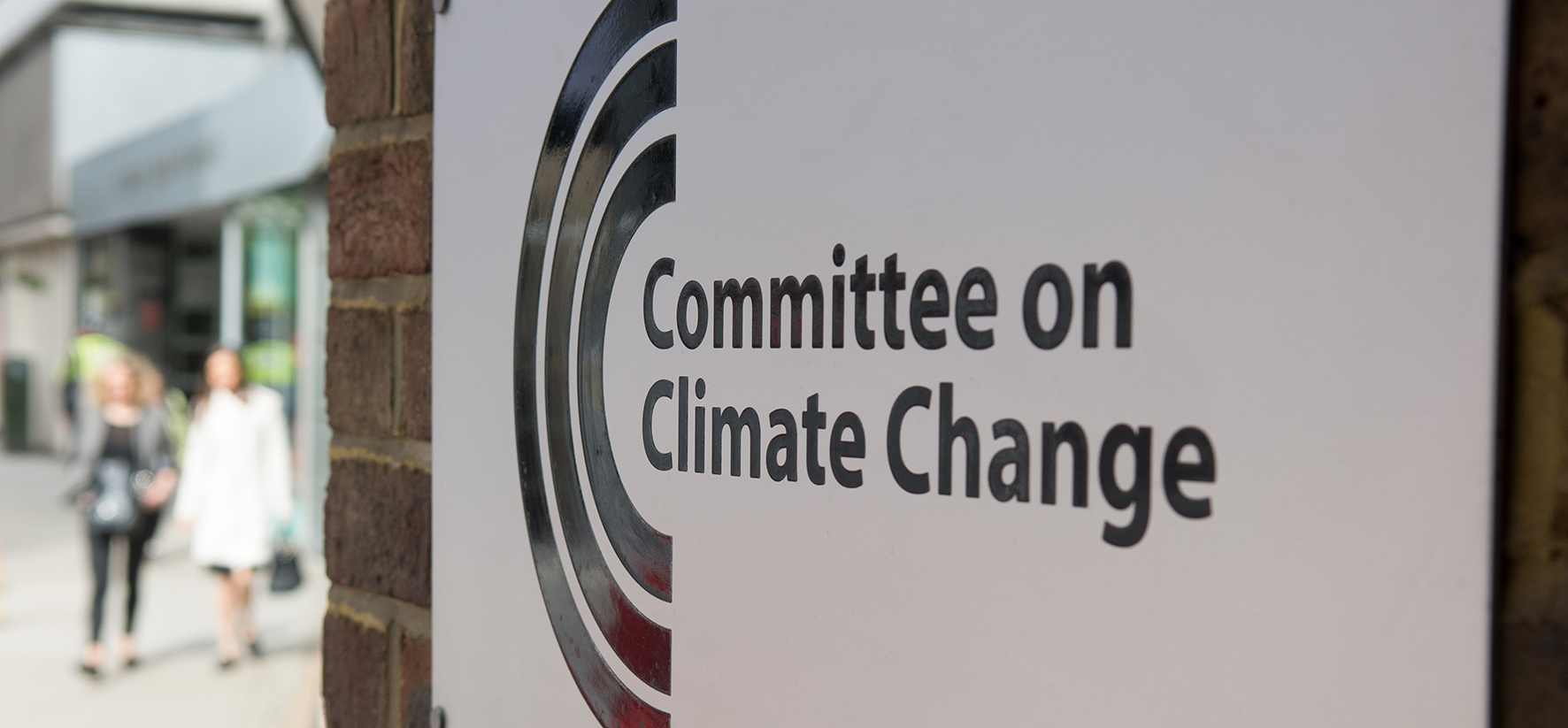Committee on Climate Change Includes Waste in Recommendations
10 May 2019

The Committee on Climate Change (The CCC) is an independent, statutory body established under the Climate Change Act 2008.
The purpose of the CCC is to advise UK Government and the Devolved Administrations on emission targets and report to Parliament on progress made in reducing greenhouse gas emissions and preparing for Climate Change.
The governments of the UK, Wales and Scotland requested advice from the CCC on setting net-zero emissions targets and on connected questions.
It has just produced a report entitled “Net Zero – The UK’s Contribution to Stopping Global Warning” . The report says it has set out the latest evidence on climate science, the international context and the opportunities for deep reduction in emissions across the UK.
The report’s overall recommendation is that the UK should set a target to reduce greenhouse gas emissions to net zero by 2050. It contains a series of recommendations for policy in specific areas including waste. It recommends that biodegradable waste streams should not be sent to landfill after 2025.
The production of this report follows closely on from the one produced by the CCC in February 2019 which examined reducing emissions in Northern Ireland. It outlined three policy options for decarbonising waste in Northern Ireland:
- Extend targets to reduce waste and increase reuse and recycling rates beyond 2020.
- Enforce a landfill ban on most biodegradable material no later than 2025.
- Support methane capture from new and legacy landfill sites.
Interestingly, in the text addressing the second of the above recommendations, the report states;
“The lack of a support mechanism for EfW plants in Northern Ireland may restrict Northern Ireland’s ability to deal with increased diversion of BMW. The Arc21 judicial review, in which planning permission for a £240million waste incinerator was overturned by the High Court, may negatively impact on Northern Ireland’s ability to deal with waste diverted from landfill in the near term.”